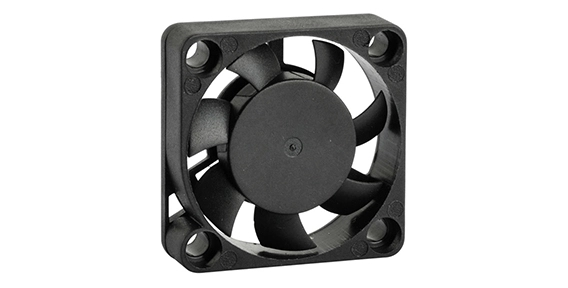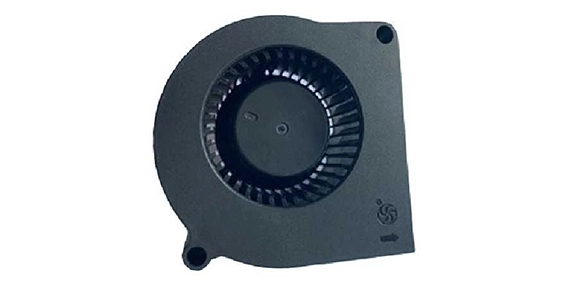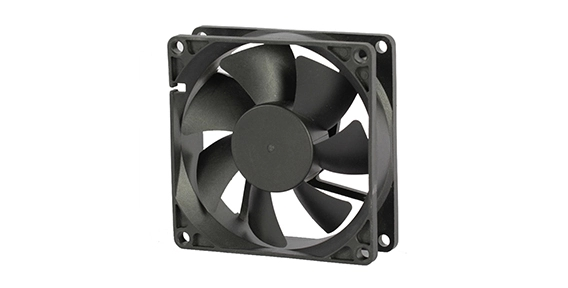Laptop cooling fans play a vital role in keeping our laptops from overheating, ensuring optimal performance, and prolonging the lifespan of our devices. Regular maintenance of these cooling fans is crucial to enhance their efficiency and prevent hardware damage. In this article, we will discuss the importance of regular cleaning, preventive measures for a cleaner environment, optimizing airflow for cooling efficiency, and proactive steps for the long-term health of laptop cooling fans.
The Importance of Laptop Cooling Fan's Regular Cleaning
Laptop cooling fans accumulate dust, hair, and other debris over time, restricting airflow and causing the fan to work harder. Regular cleaning of the fan blades and vents is essential to prevent the accumulation of dirt and maintain proper cooling efficiency. It is recommended to clean the laptop cooling fan at least once every six months to ensure optimum performance and prevent overheating.
Laptop Cooling Fan: Preventive Measures for a Cleaner Environment
Apart from regular cleaning, adopting preventive measures can greatly contribute to maintaining a cleaner environment for the laptop cooling fan and axial fan uses. Placing the laptop on a clean and hard surface, such as a desk or laptop cooling pad, can prevent dust and dirt from being sucked into the fan. Additionally, keeping the laptop away from dusty areas and avoiding eating or drinking near the device can minimize the chances of debris entering the cooling system.

Optimizing Airflow for Laptop Cooling Fan's Cooling Efficiency
Proper airflow is crucial for the efficient functioning of the laptop cooling fan. To optimize airflow, always ensure that the laptop is placed on a flat surface to allow unrestricted intake and exhaust of air. Avoid using the laptop on soft surfaces like beds or pillows that can obstruct airflow and cause the fan to work harder. Furthermore, periodically check the laptop's vents for any blockages and remove them to maintain optimal cooling efficiency.

Proactive Measures for Laptop Cooling Fan's Long-Term Health
In addition to regular cleaning and optimizing airflow, there are proactive measures that can be taken to ensure the long-term health of laptop cooling fans. One such measure is to use compressed air to blow out any dust or debris from the fan and vents. This should be done delicately to avoid damaging the fan or other laptop components. Additionally, keeping the laptop's software and drivers updated can help optimize its power consumption and prevent unnecessary strain on the cooling fan.
A well-maintained laptop cooling fan is crucial for the overall performance and longevity of laptops. Regular cleaning of the fan, implementing preventive measures for a cleaner environment, optimizing airflow, and taking proactive steps are all essential practices to ensure the cooling fan's efficiency and health. By incorporating these practices into a routine maintenance regimen, users can effectively reduce the risk of overheating and prolong the lifespan of their laptops.
Remember, the maintenance of the laptop cooling fan should occur at least once every six months to maintain optimum performance and prevent hardware damage. Taking care of this small component can go a long way in enhancing the overall performance and lifespan of your laptop.

 EN
EN 

 +
+
 +
+
 +
+



